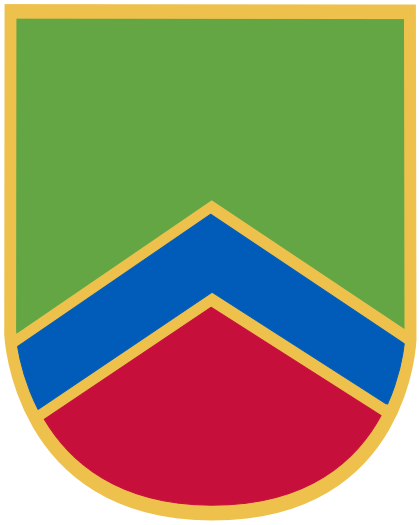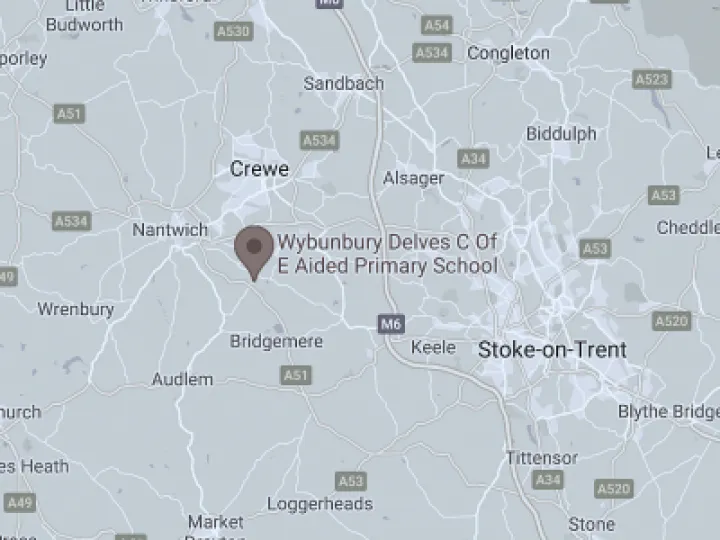Year 4 News 17.09.21
During our English lessons, we have continued to learn our model text and learn some more writing skills. One of our targets in English is to develop our use of descriptive vocabulary. We have been learning how to use powerful adjectives to describe monsters. Also, we have written a variety of similes in our English lesson this week. We were detectives to hunt for the words 'like' and 'as', we thought carefully whether it was a simile. We then explored a variety of different themes to write our own. This is one of our favourite examples, the sun is like an exclusive fireball.To show what the children had learnt about adjectives and similes, they wrote a short burst based on an image of a monster. We then moved on to recap the different word classes following on from the work we did with adjectives. We played games which involved identifying adjectives, verbs, nouns and adverbs. The children were then able to explain what each of these word types are. Throughout the week, we have continued to learn and internalise the text using actions and our story maps. At the end of the week we created our talk for writing toolkits. We started by creating a non-negotiable toolkit. This included everything that the children must include in their writing e.g. full stops, capital letters for sentence openers and proper nouns and speech punctuated correctly. We then moved on to explore our toolkit for a 'defeating a monster story'. We discussed what we must include in their own text.
In our Maths lessons this week, we have continued to learn more about place value. On Monday, we learnt how we can count in thousands. We used numberlines to represent intervals of 1000 and used our knowledge of base ten. We then moved on to learn how we could represent 4-digit numbers. For this, we used base ten, part-whole model and place value grids. We have also learnt how we can identify numbers based on their 1000s, 100s, 10s and 1s. The children have been able to partition numbers using part whole model. At the end of the week, we then learnt how we could use numberlines to mark on numbers to 10,000. We explored numberlines of different intervals and different scales.
In our Reading lessons this week, we have been developing our comprehension skills. Our books for this term are based on Vikings text. We have started by exploring 'Viking Explorers'. We have explored how we could answer key questions and retrieve information from the text. We have created spider diagrams to gather evidence and written answers to questions about the text.
Settlements is our new focus in Geography. We discovered the different types of settlement ranging from hamlets to mega cities. We learnt what facilities they might have and what they may look like on Google Maps. We also talked about the settlements we live in and compared them to our school village, Wybunbury.
In our computing lesson this week, we have had our first unplugged lesson in Year 4. We started our lesson by striking our best robot pose. Then, we watched a video about honda's asimo robot. The children loved seeing the amazing things these robots could be programmed to do. Using algorithms, the children learnt how to use arrows to represent the instructions they needed to give their robot. The robots were required to stack cups patterns specified by the programmer. We also talked about what happens when a robot does something the programme did not intend. We called this a bug. The children then had to problem solve their algorithm to remove the bugs (we called this debugging).
In our Science lesson this week, we have been introduced to our new unit of work on sound. The lesson started by the children being asked 'What is sound?' The children were encouraged to think about where sounds come from and how they were made. The children were asked to scribe their ideas to this question on an A3 sheet asa group. We then discussed the children's ideas. The children were then told that vibrations is the way sound is made. To explore how this works, the children were given musical instruments. They were asked to play the music and explore how vibrations cause the sound to be made. Each table was also given a drum with some grains of rice so we could see how the vibrations were happening and making the rice move. Once the children had explored the instruments, they drew a diagram of it in their book and explained what caused the vibration which led to the sound. Later on in our lesson, we started to plan our sound investigation. For this, the children were asked what they would be trying to find out and what their predictions would be. For this experiment, we will be exploring the sound levels around school.
In our Forest School this week, we continued our Viking adventure. The children recapped what they had learnt last week and found out some more about the trees around school. We learnt how the Vikings would use the trees for fresh water and use the bark to make canoes and resources they would need. We also talked about how the Vikings would get a lot of the medicine they need from the trees around them. We then moved on to learn about how the Vikings would protect themselves when they went on their voyages across the seas to raid new lands. Mr Hadfield told us that the Vikings used their ship's sail to protect them when they slept. We learnt how to build our own shelters using sails (tarpaulin), the trees, ropes and ground pegs – just like the Vikings would have done. The children worked in teams to build their dens. Once the tent was up, the children were then asked to make their Viking villages. The children built fences, gathered materials for fires, and even built seesaws. Their imagination was amazing! At the end of our lesson, the children built fires in pairs. They used their skills from last week to build their fire and then toasted marshmallows on top. We had another fantastic week of forest school.
In our RE lesson this week, we watched and listened to the story of the Centurion's servant from Luke 7:1-10. The children were asked to reflect on what they thought the story was saying. The centurion had faith that Jesus would heal his servant and with that, the servant was cured. The children retold the story in a summary in their books. We then explored how the centurion felt at different parts of the story. For this, we made our own emotion graphs. We talked about how this may have helped the Centurion to have faith in Jesus and what this teaches Christians about Jesus in the Bible.
In our History lesson today, we learnt about the Vikings as raiders. We started by learning about the beginning of the Vikings, when they came to Britain and why. The children helped to create a classroom timeline of key points of Viking history. The children then used a sword shape timeline to note down the key dates in their books. As we talked about important things that happened, we discussed how this will have impacted the world today. We had some time in Art this week to finish off our pointillism shields. The children continued to practise their pointillism technique and colour mixing. The shields are looking fantastic and ready for our display.
I have really enjoyed spending another week getting to know you all. You have all worked so hard to impress me with your fantastic skills and I can't wait to see where we go to next!
Miss Welch
Quick Links
Contact Us
office@wybunburydelves.co.uk
01270 841302
Wybunbury Delves
Bridge Street
Wybunbury
Nantwich
CW5 7NE

